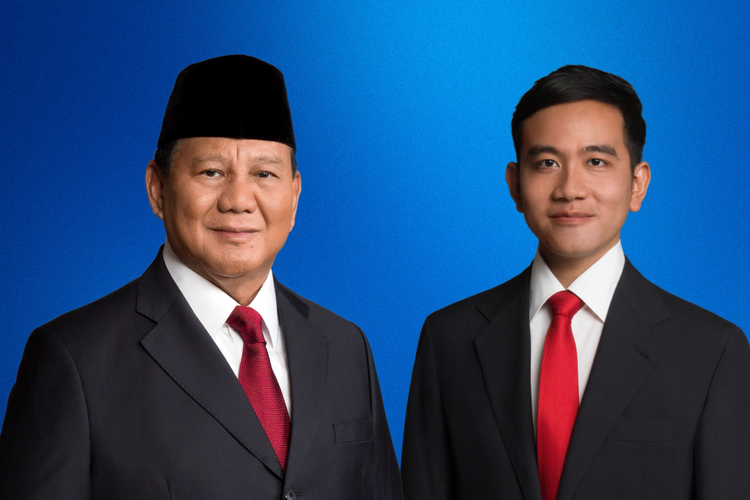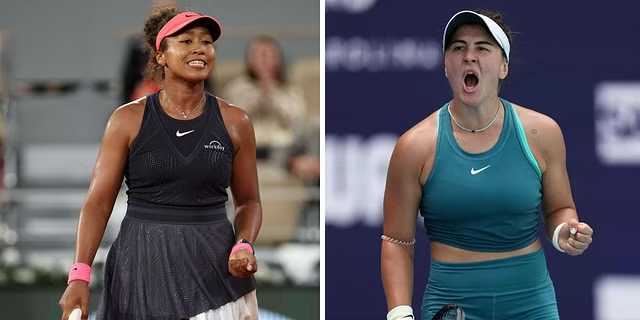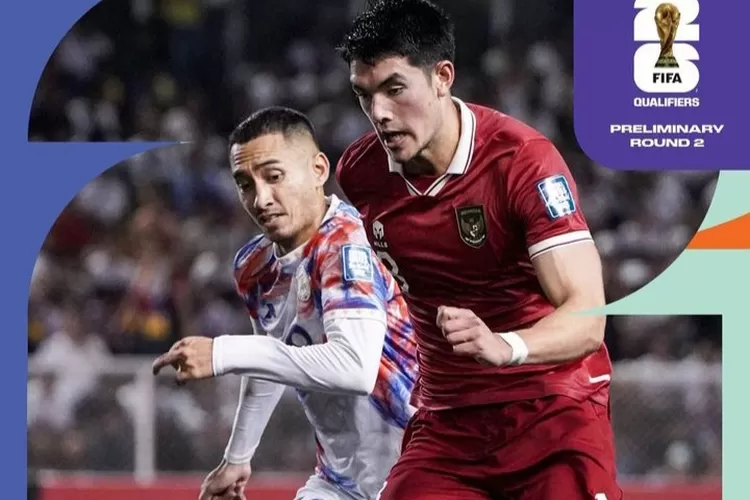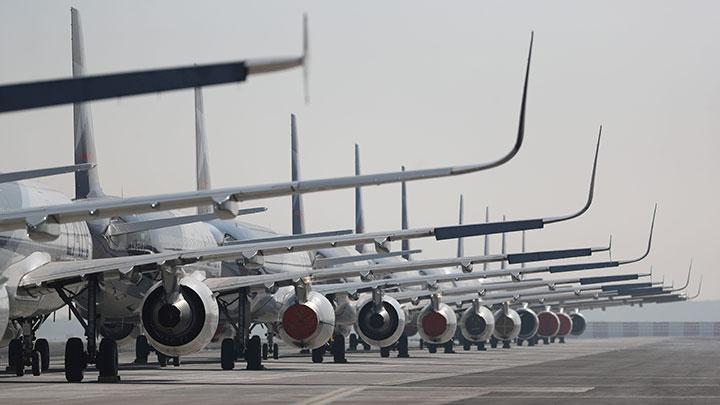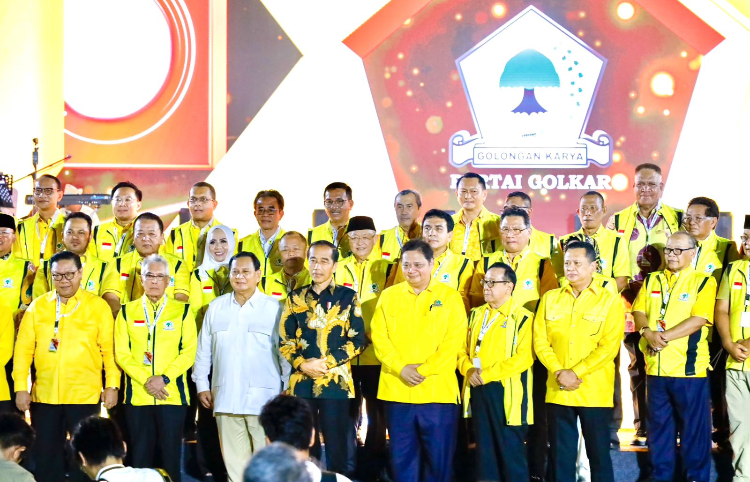
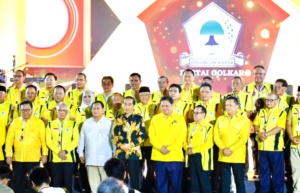
alpine8848.com, Jakarta – Welcome to the dynamic world of Indonesian politics, where powerhouse parties like Golkar play a pivotal role in shaping the nation’s governance. Known for its rich history and influential presence, Golkar has recently made waves by gathering an impressive 1,164 regional head candidates for the upcoming elections. Let’s delve into the significance of this massive undertaking and explore how it could impact local governments across Indonesia in 2024.
The significance of the 1,164 regional head candidates gathered by Golkar
Golkar, a prominent political party in Indonesia, has recently made waves by gathering an impressive 1,164 regional head candidates. This massive number reflects the party’s strong presence and influence across various regions of the country. The significance of this vast pool of candidates lies in the potential impact they could have on local governments if elected. With such a diverse group vying for leadership positions, Golkar aims to solidify its position as a key player in Indonesian politics.
Each candidate brings their unique background and vision for their respective regions, adding depth to Golkar’s roster and offering voters a wide range of choices. The selection process must have been rigorous to ensure that only the most qualified individuals represent the party. As these candidates campaign and engage with communities, they not only carry Golkar’s banner but also embody its values and priorities. Their success or failure will directly reflect on the party’s standing among constituents nationwide.
Analysis of the candidates and their potential impact on local governments
Golkar’s gathering of 1,164 regional head candidates marks a significant move in Indonesian politics. The selection process involved careful analysis of each candidate’s background and potential influence on local governments. These candidates represent a diverse range of skills and expertise that could shape the future direction of their respective regions.
With such a large number of candidates, Golkar faces the challenge of ensuring they are well-equipped to lead effectively and address the needs of their communities. The impact these candidates may have on local governance cannot be underestimated, as they hold the power to drive development, improve public services, and foster economic growth.
Each candidate brings unique perspectives and ideas to the table, which could result in positive changes within their regions. However, it is essential for Golkar to provide ongoing support and guidance to ensure these candidates fulfill their potential and deliver on their promises.
The challenges faced by Golkar in selecting and supporting these candidates
Golkar’s task of selecting and supporting 1,164 regional head candidates comes with its own set of challenges. Identifying suitable candidates who align with the party’s values and goals can be a complex process. Each region has unique dynamics that must be considered when choosing potential leaders. Moreover, ensuring that these candidates have the necessary qualifications and capabilities to effectively govern their respective regions is crucial. Golkar needs to strike a balance between experience, competence, and loyalty to the party.
Another challenge lies in providing adequate support and resources to all 1,164 candidates during their campaigns. From funding to logistics, Golkar must navigate through various obstacles to ensure each candidate receives the assistance they need for a successful campaign. The sheer number of candidates presents logistical challenges in terms of coordination and management. However, overcoming these hurdles is essential for Golkar’s success in the upcoming regional elections.
Criticisms and controversies surrounding the selection process
When it comes to the selection process of the 1,164 regional head candidates by Golkar, criticisms and controversies have inevitably arisen. Some critics argue that the criteria for candidate selection might not always prioritize competence and integrity but rather political alliances or financial backing. This raises concerns about the quality of leadership that these candidates can offer to their respective regions.
Moreover, there have been allegations of favoritism and internal power struggles within Golkar itself influencing the selection decisions. Such controversies could potentially undermine public trust in both the party and the candidates they endorse for local government positions. Transparency in how these candidates were chosen is another point of contention among observers. Without clear information on the selection process, doubts may linger regarding the legitimacy and fairness of Golkar’s choices.
Possible outcomes and implications for Golkar’s future in Indonesian politics
As Golkar gathers an impressive 1,164 regional head candidates, the future of the party in Indonesian politics is at a pivotal moment. The sheer number of candidates reflects both Golkar’s influence and its ambition to shape local governance across the nation. With this extensive pool of potential leaders, Golkar has the opportunity to strengthen its presence on a grassroots level, potentially expanding its reach and solidifying its position as a prominent political force in Indonesia.
The outcomes of these elections will not only impact local communities but also serve as a litmus test for Golkar’s organizational strength and strategic prowess. How well these candidates perform in their respective regions can either elevate or challenge Golkar’s standing within the political landscape. Additionally, any controversies or setbacks faced during this process could affect public perception of the party and influence voter sentiment in future elections. Navigating through this intricate web of regional candidacies presents both opportunities and risks for Golkar as it navigates towards shaping its path forward in Indonesian politics.
Conclusion
With 1,164 regional head candidates gathered by Golkar for the upcoming elections in Indonesia, the party has showcased its strong presence and influence in local politics. Despite facing challenges and controversies in the selection process, Golkar remains a key player shaping the political landscape of Indonesia.
As these candidates move forward in their campaigns, it will be interesting to see how they impact local governments and communities. The success or failure of these candidates could have far-reaching implications for Golkar’s future in Indonesian politics. With its extensive network and candidate base, Golkar is poised to make a significant impact on the 2024 elections and beyond. As one of the oldest political parties in Indonesia, Golkar continues to play a crucial role in shaping the country’s political future.

